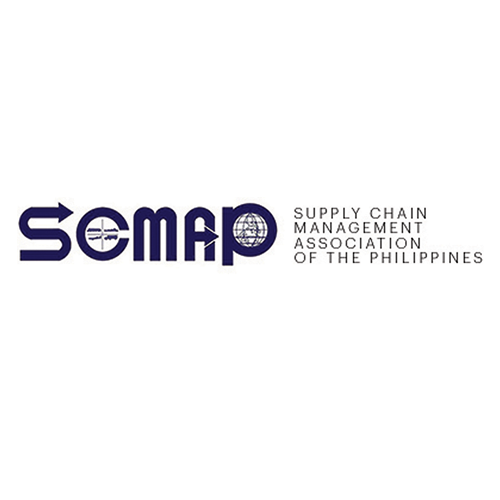We’re one month into 2023, and it’s clear that the challenges we hoped would be somewhat behind us aren’t going away any time soon.
Growth projections for economies across the world have been significantly revised downwards. The World Bank projects the global economy will grow by just 1.7% in 2023. While estimates for Southeast Asia are expected to be better than the global picture, it will still be slower than many hope. The World Bank estimates that the Philippine economy will grow by just 5.4% this year, after posting 7.6% growth across 2022.
Economies are still too fragile to be able to strongly withstand external shocks. While the COVID-19 pandemic itself is less of a factor now than in the past couple of years, its long-term economic effects – choke points across global supply chains, rising prices – continue to make a dent. Just as significantly, the conflict between Russia and Ukraine is likely going to continue deep into this year, with news that Western countries are finally providing tanks to bolster the latter country’s defenses. Its impact on food and oil supplies will remain widely felt.
Here, the steep rise in the price of onions has captured the imagination, but the same is happening to other agricultural products, particularly meat and eggs. While the situation shows some signs of normalizing, it will still reflect in our recent inflation rates: I suspect we won’t be far from last month’s record high of 8.1%. Inventory has been impacted by a string of typhoons affecting yields, as well as diseases such as avian flu and African swine fever.
Unfortunately, the solutions to these problems were ones presented when similar situations arose: greater support for farmers to help combat these diseases, as well as bolstering the supply chain to ensure availability of products whatever the weather may be.
I was particularly struck when I heard President Marcos remark that the country needs more cold storage facilities to combat the runaway prices of onions. I must note that a cold chain industry roadmap, drafted by the government and private sector stakeholders, was launched at the end of 2020. Yes, attracting investment in an industry that requires a high initial investment is difficult, particularly considering the economic climate of the past few years. But what else has been done to make the country more conducive to such investments? Electricity cost is still high, and infrastructure development outside of major urban areas is still moving slower than hoped.
I’m sure I wasn’t alone in hoping that the “pause” resulting from lockdowns would be an opportunity for the government to lead in implementing long-term solutions to long-term problems. Most of the time, though, it felt like we were stuck in firefighting mode. Now, of course the opportunity wasn’t wholly missed: the greater support the supply chain industry is seeing is due to a greater understanding of its role in powering economic growth and recovery. On the other hand, road congestion and lack of public transportation remains a problem: the EDSA Carousel system, for instance, still feels like a band-aid solution three years in. And then there are solutions that are being pushed despite widespread opposition, like the TOP-CRMS scheme.
Perhaps it’s understandable that there was some hesitation in pulling the trigger at the height of lockdown, but now that the situation feels a little more certain, we expect more bold decision making from our leaders. The plans are there, and support from the private sector has never been stronger. It’s time for big thinking to take precedence and finally be one step closer to solving our long-standing problems. Increase investment in cold storage facilities. Drastically improve support to our agriculture sector. Encourage innovation in transport and delivery, particularly from agricultural hubs to main consumer centers. And that’s just with our current problems on “luxurious” alliums. Now is the time to take the lead. We can only go so far with band-aid solutions.
Henrik Batallones is the marketing and communications director of SCMAP, and editor-in-chief of its official publication, Supply Chain Philippines. More information about SCMAP is available at scmap.org.
PREVIOUS COLUMN: Unlocking Progress and Innovation





